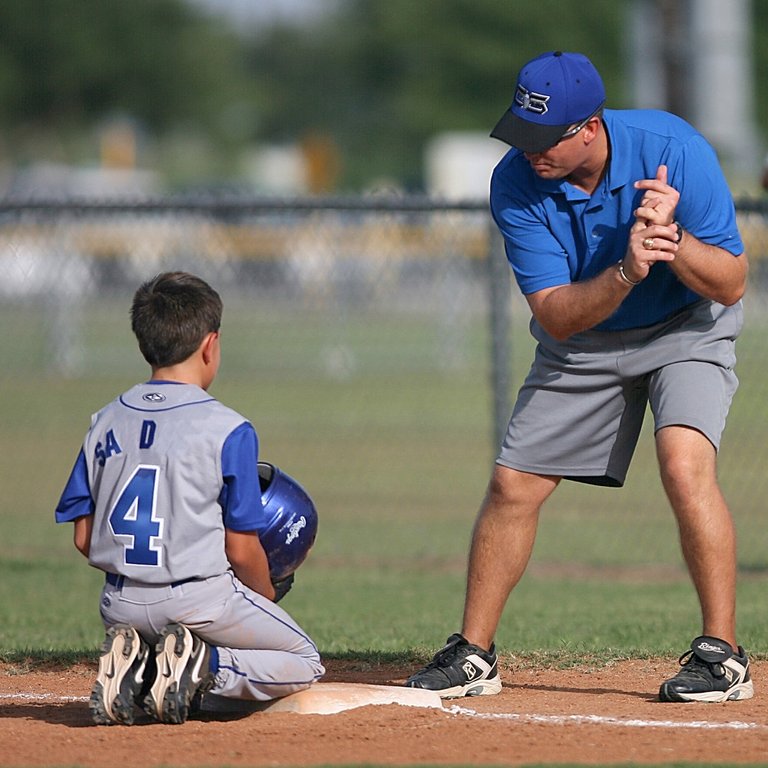At work, I and other management team members just went through what is called a counsellor connect meeting - it replaces the round table discussions that happened in previous years where we chatted about each of the seniors and staff and then assigned them ratings (from 1 - 5) based on their performance, utilization and other metrics. I can say that the discussions this year were better than in previous years - mostly because we were not caught up with assigning ratings and we focused more on the individual's performance, highlights and development opportunities.
I mention the round table discussions because I'm a counsellor (essentially a coach or mentor) to four team members (originally I was a counsellor for two team members but after a manager left, I took on his counsellees). Being in a counsellor role is quite interesting - people do not really teach you how to be a counsellor and all I had to go through was mimicking some of the things that my counsellors did for me, which was really to chat every once in a while about performance and to understand where my development opportunities were and how I can work on them.

Although not a recent podcast, I listened to a podcast episode of Simplify where Michael Bungay Stanier who is the author of The Coaching Habit. I haven't had a chance to read the book, but the host interviewed Michael on the things that coaches should be doing. He summed it up quite nicely in three simple sentences, which I want to break down for those that are looking to coach others:
Be lazy
This was surprising to me but it actually did not mean what I thought it meant. It means that when you are coaching someone and they are asking you for advice on an issue or problem, first ask them what they would do. Here's a key phrase that I'm going to use more often: "I have a few ideas on how to solve that issue / problem, but first, tell me what you would do." If they don't have any ideas, then I'll tell them but most of the time, they will have some clue as to how to approach the problem. As a coach, I learned that it is not necessarily your role to solve all of their problems for them but to enable that person to solve their own problem.
Be curious
What happens when you first meet with the person you are coaching - what do you ask them? What do you say? How do you build rapport? Michael's question here: "What's on your mind?" It's a great way of getting right to the problem because, in his experience, people do not have a lot of time and they want to be able to get some quick advice before getting back to conquering the day. I also like that the question is open ended and the discussion can be directed in whatever way that is useful to the person being coached.
Be often
But how do you build rapport and trust in the relationship? As a counsellor, I try to talk frequently (at least monthly or bi-monthly) to my counselees even if it is just an informal touch point without any work performance or other agenda in mind. As I mentioned before, people are busy so even just a 10 minute touchpoint can work wonders as long as you are having these touchpoints on a regular and frequent basis.
Funnily enough, I have already started to use Michael's questions in certain situations - the other day, I was delivering a session to managers, senior managers and Partners on how to make awesome PowerPoint decks and someone asked me what I would do in a certain situation. I started to get into 'advice-giving mode' but then I stopped myself, remembering what Michael had said and threw it back "I have some ideas on what I would do but what are some things that you would try?"
The next time someone approaches you for advice, remember: be lazy, be curious and be often.
Great article - I hope you write another book soon. Especially if you are someone who tends to talk more than ask questions, these are helpful tactics that, if used consistently, would make stellar qualities of a coach. Your counsellees are lucky to have you.